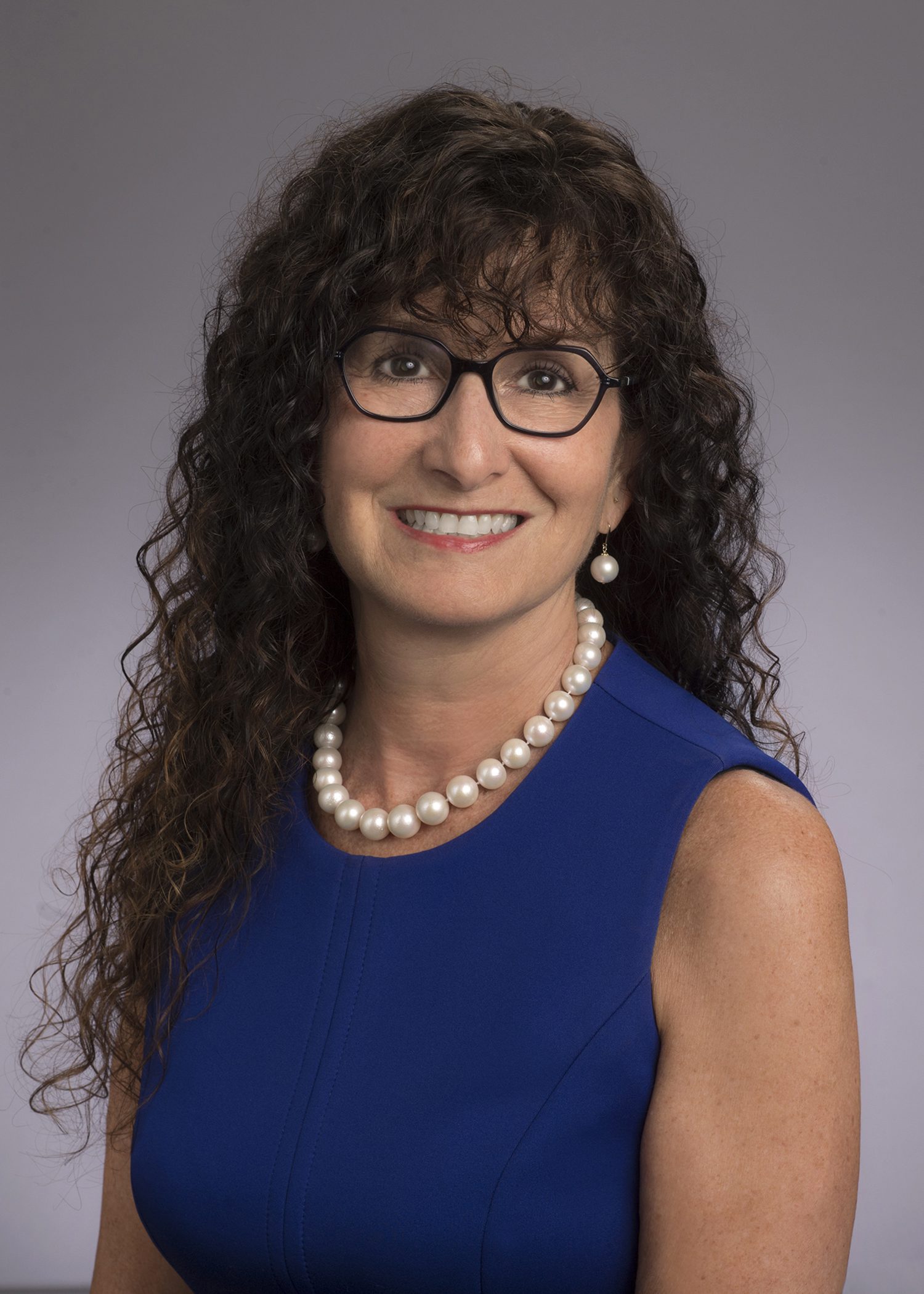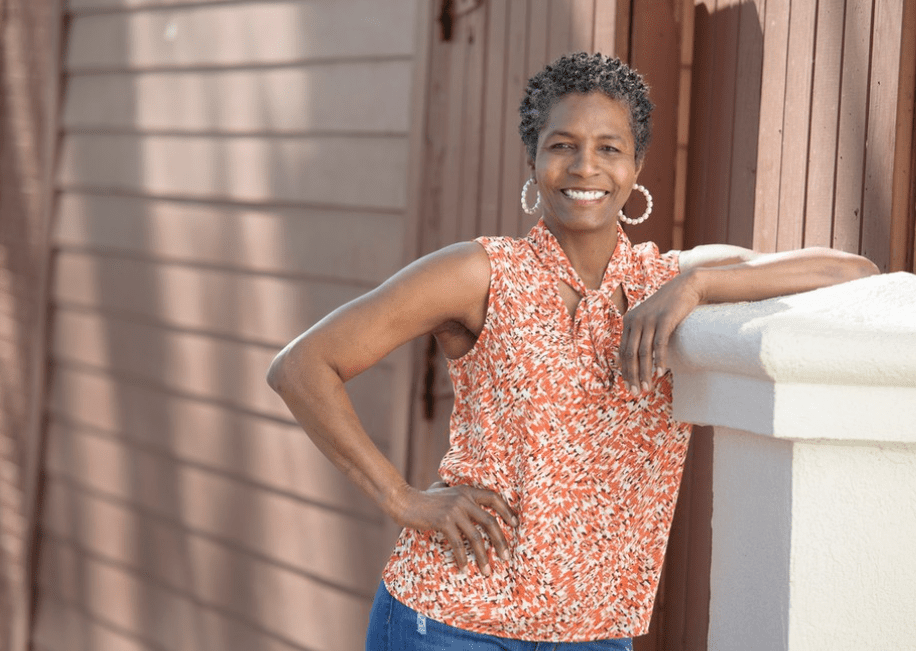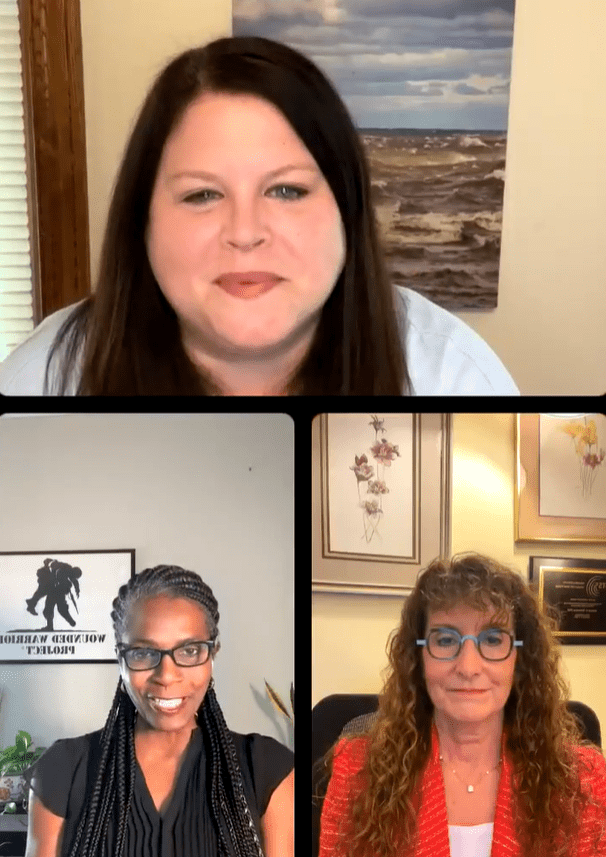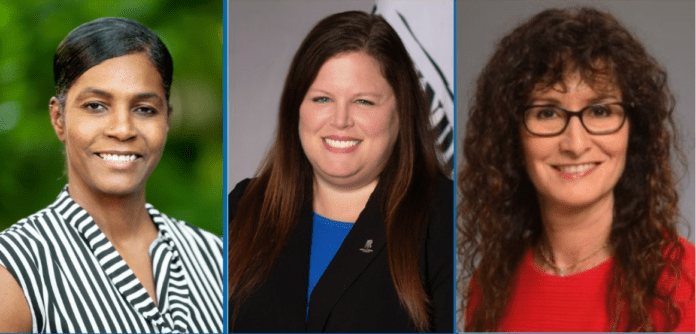“PTSD sucks. It’s an awful disorder to have. And people lose hope because they feel like nothing can help because no one can change what happened. I want to give people a message of hope because treatment does help. This is our whole reason for being here,” expressed Barbara Rothbaum, PhD, executive director of the Emory Healthcare Veterans Program, during an Instagram Live with Wounded Warrior Project. “I’ve devoted my life to treating people with PTSD and studying better treatments for it almost as long as PTSD has been an official diagnosis.”
Dr. Rothbaum was joined by Dr. Erin Fletcher, director of the Wounded Warrior Project’s Warrior Care Network, and Tonya Oxendine, Air Force veteran and Warrior Care Network graduate. The three came together to talk about PTSD, available treatments, and the Warrior Care Network—all to combat the stigma surrounding PTSD and raise awareness about the no-cost, evidence-based, confidential treatment available for veterans and service members affected by invisible wounds.
What Is PTSD?
Rothbaum: We consider PTSD a disorder of avoidance because people affected by PTSD attempt to avoid reminders of the trauma. One way to think about PTSD is as someone being haunted by something that happened to them in their past. The haunting nature comes out in nightmares, intrusive thoughts, panic attacks, and trouble sleeping. In general, people with PTSD are hyper-vigilant and feel like an animal in a world full of predators. Because of this, their world becomes narrow as they work to avoid everything that feels threatening. It may be hard for them to work, engage with family members, or even leave the house. One veteran told us he moved a little refrigerator into his bedroom so he didn’t have to leave his room.
Oxendine: When I was struggling with PTSD, it felt like I was in a ring with a heavyweight boxer, and I was just getting beat up and knocked down. I would try to get back up, I knew I needed to get back up, but I just couldn’t because it just felt like something was always beating me down. I just felt this heavy burden on me. It was not a good feeling. I was not in a good place. After nine years of struggling, I finally got to the point where I held on to whatever I could to get me to ask for help.
Treatment Can Help Heal Invisible Wounds
 Dr. Rothbaum: PTSD is a disorder of avoidance, and the military community is particularly susceptible. Our veterans and service members are trained not to have big emotional responses to traumatic events. And that’s what you need in a combat zone; you don’t want to have a big emotional response to what’s going on around you. But at some point, you have to be human and emotionally process what happened. That’s how it becomes part of your history and not a memory that haunts you. So we help people confront those memories, but in a therapeutic way so that remembering the event gets easier and the memory is no longer this big, scary thing. The trauma will always be something that should never have happened. It’ll never be a good memory, but it doesn’t have to be such a hot memory that you can’t touch it.
Dr. Rothbaum: PTSD is a disorder of avoidance, and the military community is particularly susceptible. Our veterans and service members are trained not to have big emotional responses to traumatic events. And that’s what you need in a combat zone; you don’t want to have a big emotional response to what’s going on around you. But at some point, you have to be human and emotionally process what happened. That’s how it becomes part of your history and not a memory that haunts you. So we help people confront those memories, but in a therapeutic way so that remembering the event gets easier and the memory is no longer this big, scary thing. The trauma will always be something that should never have happened. It’ll never be a good memory, but it doesn’t have to be such a hot memory that you can’t touch it.
Virtual Reality Makes a Real Impact
Dr. Rothbaum: I like virtual reality exposure therapy as a treatment for veterans and service members because they are so good at cutting off their emotions that they could be talking about the memory and not necessarily feel anything. It’s more difficult to avoid the trauma in virtual reality because it’s such a potent stimulus. We recreate the event as the person describes it to us; for example, if “I’m driving back to base and an IED hits on the right front, and everything fills with smoke,” we can recreate that. This is all done in a therapeutic manner and in a supportive environment so that the memory becomes more manageable over time. We don’t use the virtual reality for everyone, only when the veteran and therapist think it could be helpful.
Oxendine: My first reaction to hearing about virtual reality exposure therapy was, “I’m not doing that.” I didn’t want to go back to that trauma and chaos, but I’m so glad I did. Each time I was put back in that scenario, complete with the sights, the sounds, the smells, even in the same seat I was sitting in when it happened, I was able to go back to the memory and talk about it as if it was my reality right now, which helped me deal with it in real-time with my provider. Being a part of a cohort was helpful because we would talk about it and how scary it was but encourage each other to keep going.
Family Members are Involved in the Treatment
 Oxendine: My provider told me, “You need to bring your sons up here so we can talk about this as a family. They need to understand what’s going on. They need to get their mom back.”
Oxendine: My provider told me, “You need to bring your sons up here so we can talk about this as a family. They need to understand what’s going on. They need to get their mom back.”
They came to a couple of sessions with me, and they were glad they did. They got to understand more about what I was going through instead of saying, “Oh, you know, my mom is just in the room, and she’s crying, or she hadn’t come out in a couple of days,” and that kind of thing. So, they got to understand and gain a little bit more empathy for what I went through and to do that as a family unit meant a lot.
Dr. Rothbaum: In general, we all feel alone in our pain. But often, we have so many people who love us and who want to help, but we don’t know how to let them help. So, by bringing in your sons, were you able to let them help and feel their support and maybe feel not so all alone?
Oxendine: Yes, because I’m alone and I’m dealing with stuff, but they were dealing with stuff as well because they were trying to figure out how to help their mom. My youngest son had to say, “Ma, you have to get your ass up and go take a shower. Dr. Burton said you’re supposed to get up every day, go out and walk the dog. I’m not going to walk her anymore.” So, he was using some of the tools and resources to help me along.
What Is Your Advice for People Who May be Struggling with Asking for Help?
Oxendine: I know it’s tough, especially when you don’t want to seem weak, but maybe if it was talked about more, I would have reached out earlier. We have to stop wondering and worrying and do what scares us. Because I’ll tell you right now, I’m winning. I’m loving life. I went through the fight. Sometimes I still have to, but I have the skills to stand up to that heavyweight boxer right now. He’s going to have to go toe to toe.
Dr. Rothbaum: It takes bravery to be responsible for yourself and say, “I need help. I need treatment.”
What Is the Warrior Care Network?
 Dr. Fletcher: The Wounded Warrior Project’s Warrior Care Network is a partnership with four leading academic medical centers across the country: Emory Healthcare Veterans Program, the Road Home Program at Rush University, UCLA Health Operation Mend, and Home Base at Massachusetts General Hospital. These partners deliver the highest quality mental and brain health care to veterans, service members, and their families in an incredible accelerated two-week model that transforms lives.
Dr. Fletcher: The Wounded Warrior Project’s Warrior Care Network is a partnership with four leading academic medical centers across the country: Emory Healthcare Veterans Program, the Road Home Program at Rush University, UCLA Health Operation Mend, and Home Base at Massachusetts General Hospital. These partners deliver the highest quality mental and brain health care to veterans, service members, and their families in an incredible accelerated two-week model that transforms lives.
Dr. Rothbaum: We treat veterans and service members from all around the country at no cost to them. We fly them in, put them up at a hotel, feed them, and give them more therapy in our program’s two weeks than most people get in an entire year. The therapy is evidence-based, which means the treatments that we’re using have been shown in research to work for warriors, PTSD, and depression.
Dr. Fletcher: And treatment isn’t necessarily all trauma-focused therapy. We have some adjunct services to treat the whole person.
Dr. Rothbaum: We offer several wellness practices at Emory Healthcare Veterans Program in addition to prolonged exposure therapy. We offer yoga, sleep services, healthy coping skills, and communication techniques. We have group therapy sessions such as anger management and Making Meaning of Service. Our veteran outreach coordinators plan weekend outings with the warriors, such as visiting the Georgia Aquarium or painting pottery. We also have specific tracks for substance misuse, traumatic brain injury, and pain management.
We individualize the program to each warrior so their treatment is focused on the problems they are experiencing and what they want to accomplish. We’ve had some people come and say, “I need to stop being a jerk,” and we can help them with that.
It sounds corny, but the word we hear most often is “transformative.” People have said that the treatment transformed them. Family members of warriors have told us, “It gave me my mom back,” “It gave me my husband back,” “It gave me my son back.” We are helping people take their lives back from PTSD. We are saving lives. Treatment works.
Emory Healthcare Veterans Program
Founded in 2015, the Emory Healthcare Veterans Program (EHVP) is an international center of excellence for post-9/11 veterans and service members dedicated to healing invisible wounds through collaborative, innovative, and evidence-based clinical care, research, and education. Part of the Emory Brain Health Center, EHVP is one of four academic medical centers in the United States supported by Wounded Warrior Project’s Warrior Care Network (WCN). The WCN is a national network of academic medical center partners committed to connecting veterans and their families with quality mental health care.
EHVP provides treatment for military members from anywhere in the United States and its territories either in-person at our Atlanta clinic or via telehealth in participating states. Conditions treated include post-traumatic stress disorder, traumatic brain injury, military sexual trauma, substance use disorder, depression and anxiety. Treatment options include outpatient and intensive outpatient programs integrating behavioral health care, including psychiatry and neurology, wellness and family support. All services are at no cost to the veteran, service member or their families. The program also conducts innovative research to improve and expand treatment for warriors and trains behavioral health providers to increase expertise in treating military-specific needs.
Learn more about Emory Healthcare Veterans Program



